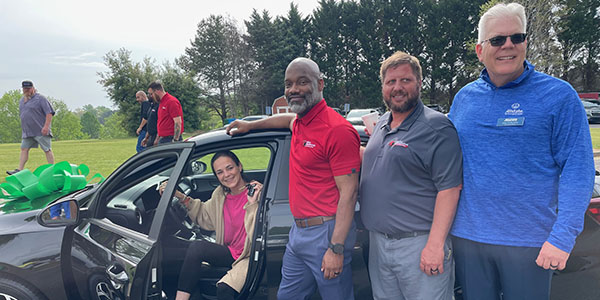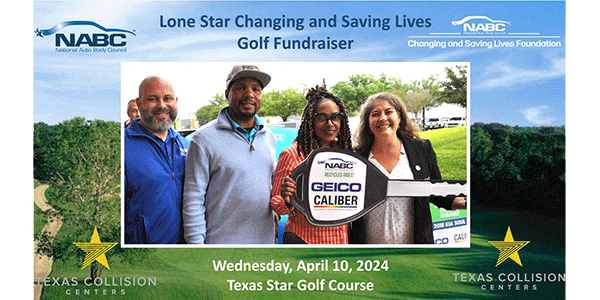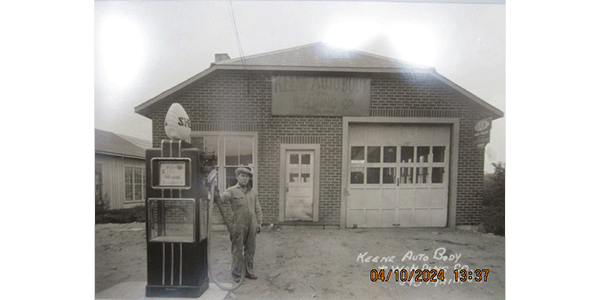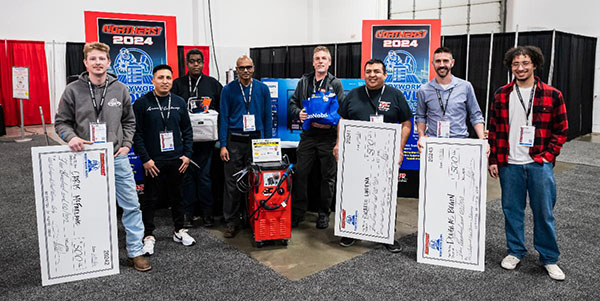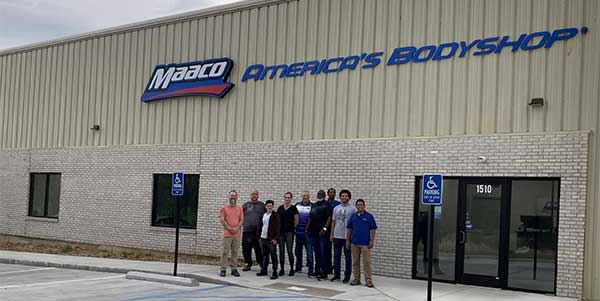
Like most collision repair instructors at vo-tech schools around the nation, Todd Kieffer has no problem finding jobs for his students. But finding the funds to purchase desperately needed equipment to train those students – that’s another story.
So when Greene County Career and Technology Center in Waynesburg, Pa., recently received a $200,000 state grant – around half of which is earmarked for a new paint booth for the auto body program – it was a godsend.
But that’s not the only reason that Kieffer sees these as “extremely exciting times” for the school’s collision repair program.
With the support of Mark Krupa, the school’s administrative director, the program has upgraded its equipment and re-engaged with the local business community, according to Kieffer.
“In years past, I don’t think there were a lot of students going out on co-op, so a lot of local body shops said, ‘Well, if you’re not going to help us, we’re not going to help you,’” Kieffer told BodyShop Business. “ … We have community buy-in now. We have a lot of local shops taking interest in the program. They’re on our advisory committee and they’re making suggestions. The really neat thing is Mr. Krupa is listening, and that’s pretty exciting for me.
“ … There are a couple of big key players [collision repair shops] in our area, and they’re starting to take kids on co-op. So we have co-op going on again, we have a strong advisory committee and things are good. Things are really good.”
Krupa recently approved the purchase of a squeeze-type resistance spot welder for the program, Kieffer noted.
“He’s trying to get us everything we need,” Kieffer added. “ … The shop has been in need of a few things for a while, and he’s really making a difference.”
On top of all that, the school is considering expanding its body shop. With the help of another local company – PPG, whose world headquarters is in downtown Pittsburgh – the school is drafting a new layout, which could include a mixing room adjacent to the new paint booth, according to Kieffer.
“We’re trying to make it legit,” Kieffer said. “We’re trying to make it like a shop – like what they would see in the real world.”
Kieffer, who grew up working in his dad’s body shop, sees teaching as a way to give back to the only industry that he’s ever known. His goal, not surprisingly, “is to get these students into the local body shops and get them started.”
He marvels at how the landscape has changed since he started working in the auto body industry years ago.
“When I got in, [techs] were a dime a dozen,” Kieffer explained. “And if you didn’t like it, they told you to hit the road, grab your toolbox and you were out, and there was somebody replacing you. We don’t have that anymore.”
Today, the demand is so robust that when shops call him looking for techs, they’re not asking for just one.
“It’s, ‘Hey, do you have two students? Do you have three students? I’ll take them all,’” Kieffer said. “That’s pretty exciting for the kids who really want to get into this.”

